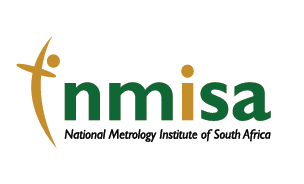About
The work of the Gas Analysis section is informed by the Kyoto Protocol, an international agreement linked to the United Nations Framework Convention on Climate Change as well as South African national regulations on air pollution monitoring, law enforcement and occupational health and safety. The section is responsible for the dissemination of primary reference gas mixtures, as well as the provision of measurement services; reference measurements and calibration, including training, proficiency testing, assessments and consulting
Key facts
The Gas Analysis Section comprises of the only facility in the country that is accredited to SANS 1793 – Wet method for the calibration of Evidential Breath Alcohol Analysers.
The section has key representation at the Gas Analysis Working Group of the Consultative Committee on Amount of Substance (CCQM), a consultative committee of the International Bureau of Weights and Measures (BIPM).
The section comprises of accreditation facilities CRM 002 and 1601 to produce certified reference materials and calibration.
How can we help
The following measurement and calibration services are available.
Primary reference gas mixtures:
- Permanent gases (CO2, O2 and CO)
Automotive and stack emission gas
VOCs (Hydrocarbons, ethanol, methanol, acetone, BTEX)
Reactive gases (H2S, SO2, NOX)
Reference measurements
Proficiency testing schemes
Calibration of ozone measuring instruments
Calibration of evidential alcohol breath analysers
Calibration of indoor air quality monitors
Assessments
Development of National Measurement Standards
The area is currently developing these new or improved measurement standards;
Nitrous oxide in air – Greenhouse gas emissions and monitoring
Automotive emission gases in nitrogen
Low mole fraction (ppb level SO2, H2S and NO) using dynamic dilution techniques.
Natural gases
Non-methane hydrocarbons
Oxygenated and other types of volatile organic compounds
